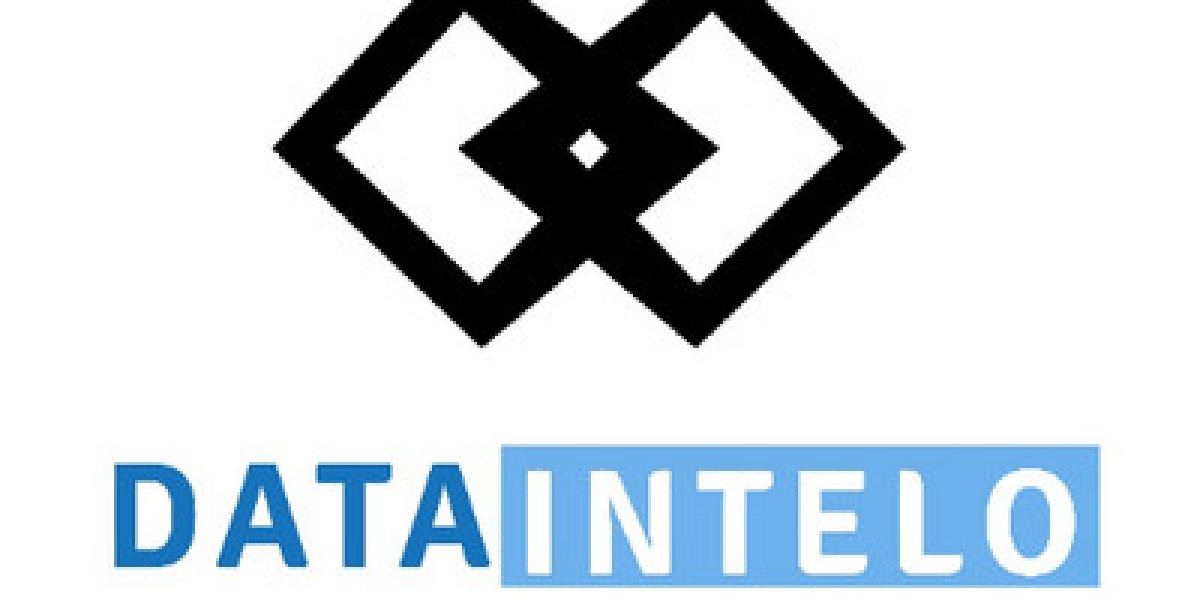Remote work has become an integral part of modern business operations, but it also brings unique challenges for network security. As employees access organizational resources from various locations and devices, businesses must optimize their network security solutions to protect sensitive data and ensure operational continuity. Here are effective strategies to enhance network security for remote work environments.
Implementing Multi-Factor Authentication
Multi-factor authentication (MFA) is a simple yet highly effective way to secure remote access. By requiring multiple verification methods, such as a password and a one-time code sent to a mobile device, MFA adds an extra layer of protection against unauthorized access. This measure ensures that even if login credentials are compromised, malicious actors cannot easily breach the network.
Securing Virtual Private Networks
A virtual private network (VPN) is essential for remote work security. It encrypts internet connections, ensuring that sensitive data transmitted between employees and organizational resources is protected from interception. Optimizing VPN performance and ensuring it is configured securely are critical steps for safeguarding remote connections.
Enhancing Endpoint Security
Remote work introduces a variety of endpoint devices, such as personal laptops and mobile phones, which may lack robust security measures. Implementing endpoint security solutions, including antivirus software, firewalls, and device management tools, ensures these devices are protected against threats. Regular updates and patches further strengthen endpoint defenses.
Adopting Zero Trust Architecture
Zero trust is a security framework that assumes no user or device is inherently trustworthy. By implementing a zero trust approach, businesses can enforce strict access controls, requiring verification at every stage of interaction with the network. This minimizes the risk of unauthorized access and lateral movement within the system.
Conducting Employee Training
Human error is a common cause of security breaches. Regular training programs educate employees on recognizing phishing attempts, using secure passwords, and following best practices for remote work security. By fostering a culture of cybersecurity awareness, organizations can reduce the likelihood of accidental vulnerabilities.
Monitoring and Threat Detection
Continuous monitoring of network activity is crucial for identifying and mitigating potential threats. Advanced network security solutions with real-time threat detection capabilities enable businesses to respond swiftly to anomalies. Incorporating artificial intelligence and machine learning tools can enhance the accuracy and efficiency of threat detection.
Securing Cloud Resources
As remote work often relies on cloud-based tools and services, securing these platforms is vital. Businesses should ensure that cloud providers offer robust security measures, such as data encryption and access controls. Additionally, implementing data loss prevention (DLP) strategies helps prevent unauthorized sharing or exposure of sensitive information.
Regular Security Audits and Updates
The dynamic nature of remote work environments requires regular evaluations of network security solutions. Conducting security audits helps identify vulnerabilities and ensure compliance with industry standards. Keeping software and security tools updated mitigates risks from known exploits and improves overall protection.
By optimizing network security solutions for remote work, businesses can create a safe and productive environment for employees while protecting their assets. These strategies not only reduce risks but also build trust with clients and partners, ensuring long-term success in a digital-first world.








